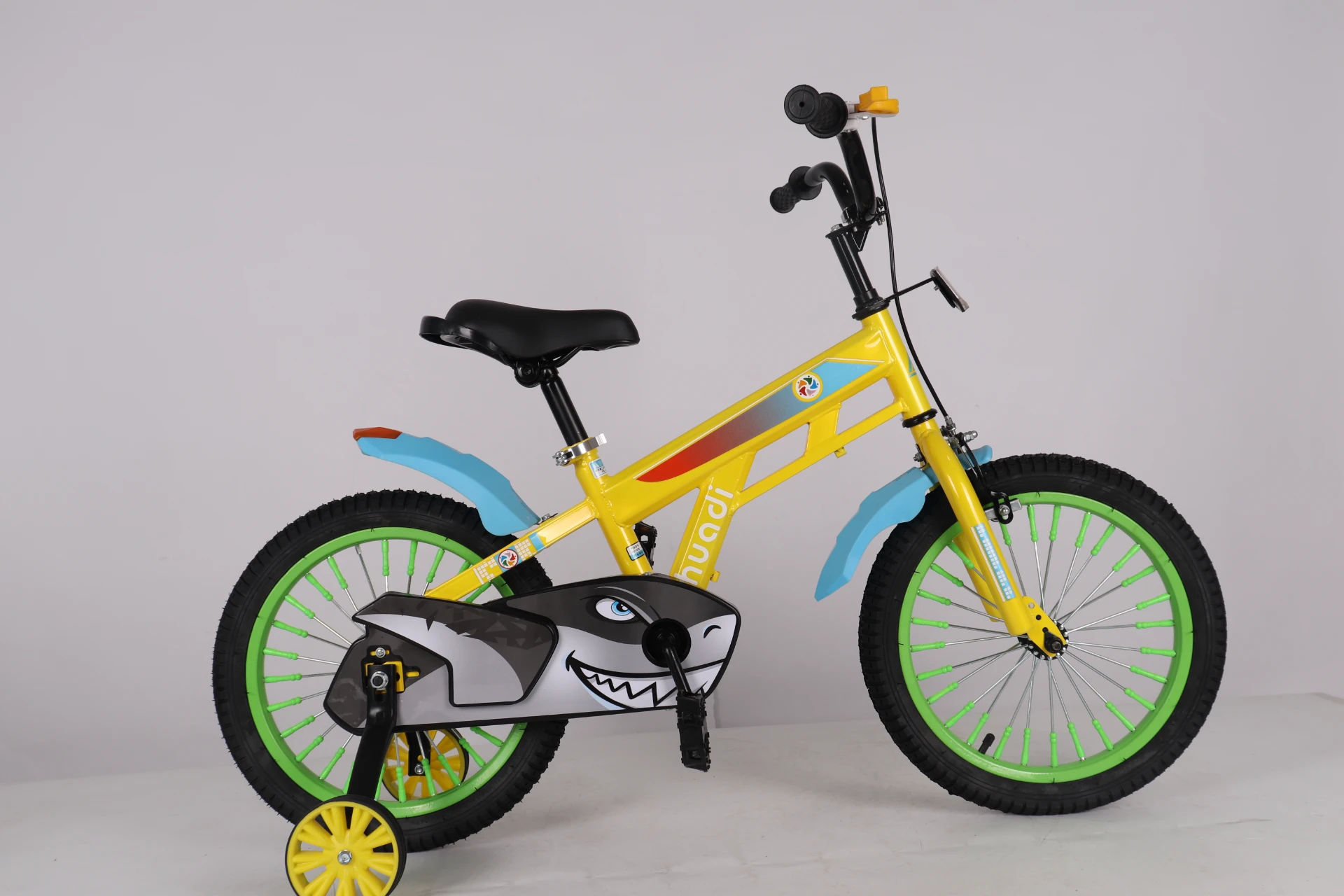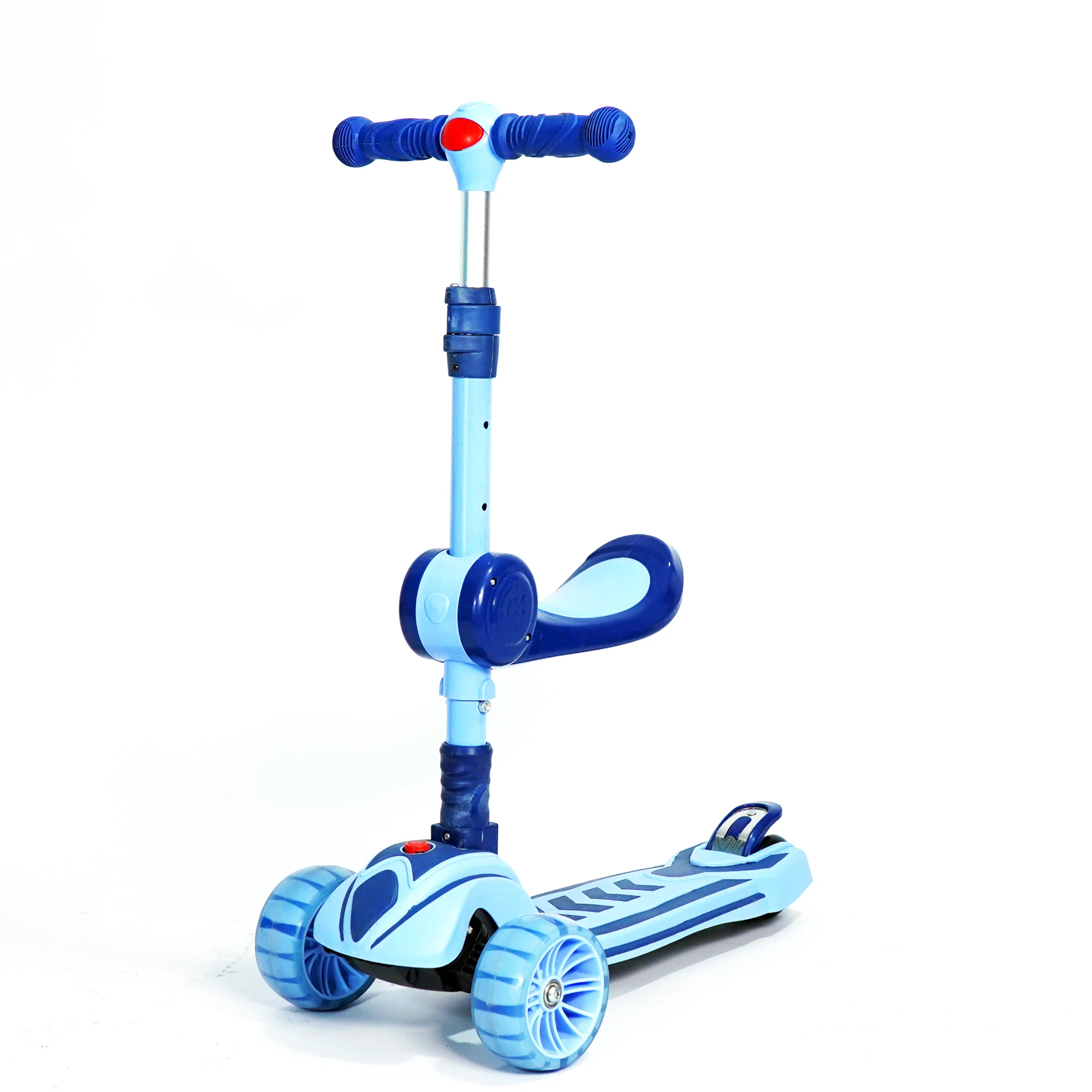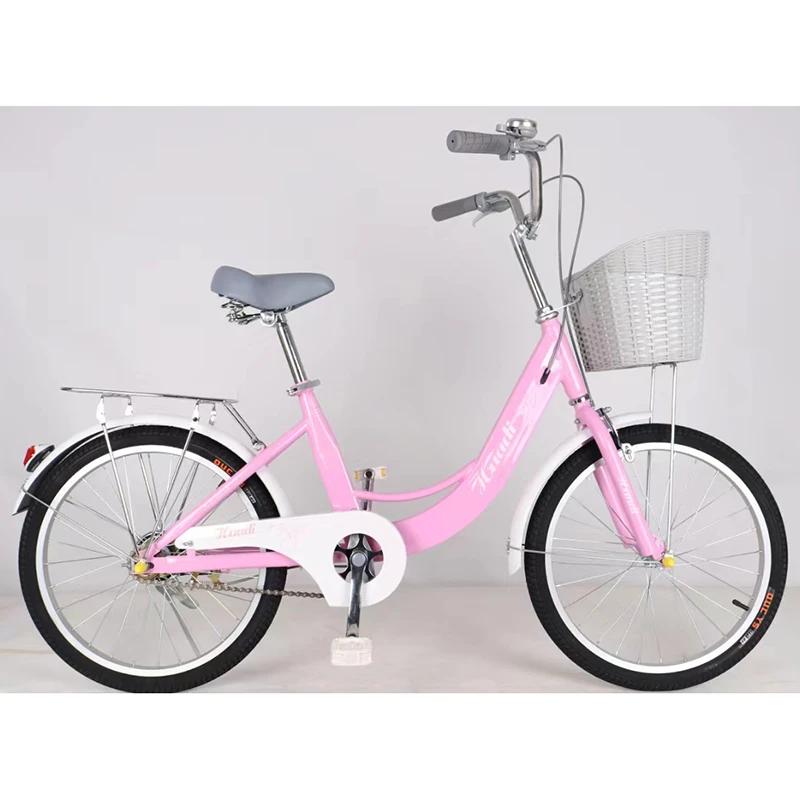2 月 . 14, 2025 03:35
Back to list
scooter for preschooler
Preschoolers entering the world of scooters offers a wonderful opportunity for parents to support their child's development while ensuring they remain safe. Scooters tailored for preschool-aged children not only refine motor skills but also provide a fun, active pastime that encourages physical activity outside. Emphasizing experience, expertise, authoritativeness, and trustworthiness, this article delves into all aspects necessary to make an informed purchase for your child.
Riding a scooter teaches preschoolers responsibility and awareness. Setting rules about where and how to ride, wearing helmets, and understanding basic scooter maintenance encourages a sense of responsibility in young children. Inviting them to help clean their scooter or store it properly after use imbues a simple lesson in care and responsibility for their belongings. Accessories enhance the scooting experience but must be chosen wisely. Helmets are non-negotiable and should be properly fitted to offer maximum protection. Protective padding for knees and elbows is another prudent addition, minimizing the risk and impact of falls. Socially, scooters present an opportunity for preschoolers to bond with peers. Group rides or play dates at local parks allow children to build interpersonal skills and friendships. They watch and learn from each other, which expands their social understanding and fosters cooperation, patience, and sharing. When selecting a scooter, take a hands-on approach. Bring your child along to test out options if possible — observe how they handle the scooter, evaluate if the handlebar height is correct, and ensure they feel comfortable mounting and dismounting. A properly fitted scooter tailored to your child's own comfort level lays the groundwork for an enjoyable and fruitful experience. In conclusion, investing in a scooter for a preschooler isn’t merely about making a purchase; it’s a gateway to a host of developmental benefits. By focusing on quality, safety, and the child's specific needs and preferences, parents can significantly contribute to their child's physical and social development. Ultimately, scooters are not just toys; they are tools of growth that blend fun with function, making them an indispensable asset in a preschooler's journey toward independence and self-assurance.
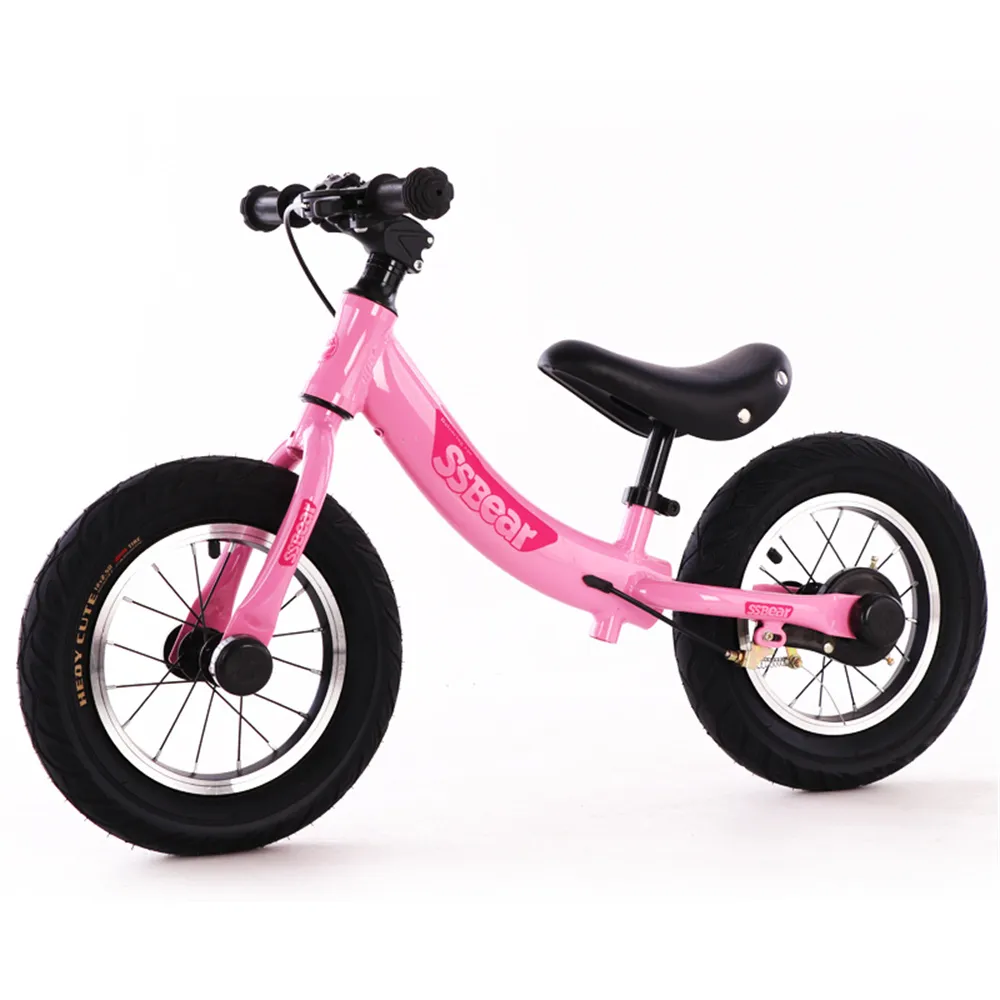
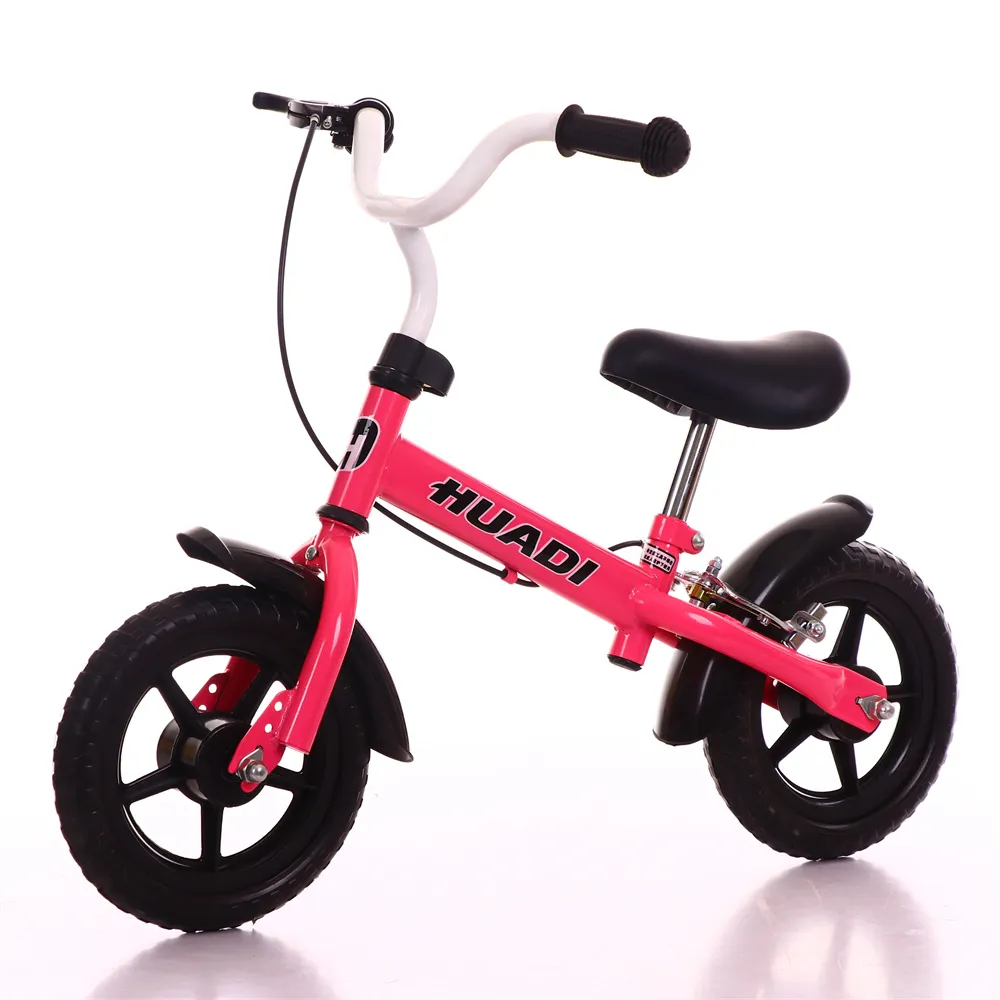
Riding a scooter teaches preschoolers responsibility and awareness. Setting rules about where and how to ride, wearing helmets, and understanding basic scooter maintenance encourages a sense of responsibility in young children. Inviting them to help clean their scooter or store it properly after use imbues a simple lesson in care and responsibility for their belongings. Accessories enhance the scooting experience but must be chosen wisely. Helmets are non-negotiable and should be properly fitted to offer maximum protection. Protective padding for knees and elbows is another prudent addition, minimizing the risk and impact of falls. Socially, scooters present an opportunity for preschoolers to bond with peers. Group rides or play dates at local parks allow children to build interpersonal skills and friendships. They watch and learn from each other, which expands their social understanding and fosters cooperation, patience, and sharing. When selecting a scooter, take a hands-on approach. Bring your child along to test out options if possible — observe how they handle the scooter, evaluate if the handlebar height is correct, and ensure they feel comfortable mounting and dismounting. A properly fitted scooter tailored to your child's own comfort level lays the groundwork for an enjoyable and fruitful experience. In conclusion, investing in a scooter for a preschooler isn’t merely about making a purchase; it’s a gateway to a host of developmental benefits. By focusing on quality, safety, and the child's specific needs and preferences, parents can significantly contribute to their child's physical and social development. Ultimately, scooters are not just toys; they are tools of growth that blend fun with function, making them an indispensable asset in a preschooler's journey toward independence and self-assurance.
Prev:
Next:
Latest news
-
Unleash Your Adventurous Spirit with All Mountain BikesNewsOct.31,2024
-
The Perfect Ride for Your Little Ones: Kids TricyclesNewsOct.31,2024
-
The Joy of Riding: Quality Kids Mountain BikesNewsOct.31,2024
-
The Excitement of Kids Scooters – Choose Your Adventure!NewsOct.31,2024
-
Kids' Bikes: Find the Perfect Ride for Your Little OnesNewsOct.31,2024
-
Experience the Fun of Swing CarsNewsOct.31,2024
-
Why a Giant Bike for Kids is a Top ChoiceNewsOct.24,2024

